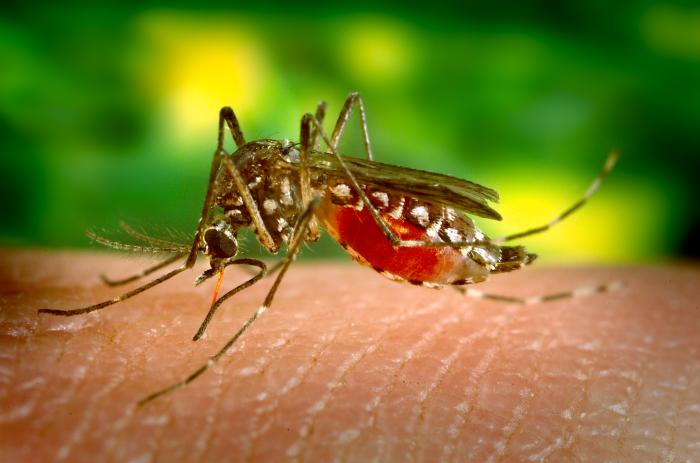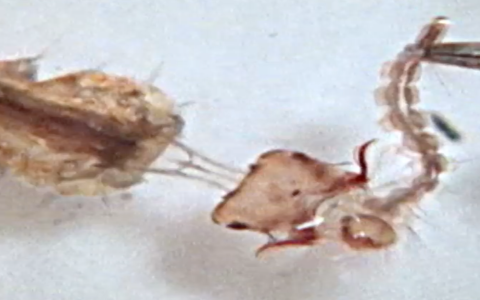in nature, the relationship between mosquitoes and mosquito predators constitutes a complex and delicate ecosystem. Mosquitoes are famous for their disgusting bites and ability to spread diseases, while mosquito predators play a vital role in controlling mosquito population. This relationship not only affects the ecological balance, but also has a far-reaching impact on human health and quality of life.
Mosquitoes are one of the most successful creatures on earth and can survive in almost all environments. Their reproductive ability is extremely strong, and female mosquitoes can lay hundreds of eggs in their lifetime. Mosquito bites not only make people feel uncomfortable, but also may spread many diseases, such as malaria, dengue fever and West Nile virus. These diseases cause millions of infections and deaths every year, which brings great challenges to global public health. Therefore, controlling the number of mosquitoes has become an important task in many countries and regions.

in this process, the role of mosquito predators is particularly important. Many creatures, such as frogs, birds and some insects, are natural enemies of mosquitoes. They help maintain the balance of mosquito population by preying on larvae or adults of mosquitoes. For example, frog can effectively reduce the number of mosquito larvae in water with its agile predation ability. However, some birds, such as swallows and sparrows, often catch mosquitoes in flight in the air and become natural regulators of the number of mosquitoes in nature.
However, with the acceleration of urbanization and the change of environment, the habitat of mosquito predators is threatened, resulting in their number decreasing gradually. This change makes the number of mosquitoes increase rapidly, which further aggravates the health risks faced by human beings. Therefore, protecting the habitat of mosquito predators and promoting their survival and reproduction has become one of the effective strategies to control mosquito population.
In some areas, ecological restoration projects have been implemented to restore the habitats of mosquito predators. These projects help to increase the number of predators by planting trees, restoring wetlands and protecting natural habitats, thus effectively controlling mosquito reproduction. In addition, public education has also played an important role in it. By improving people’s understanding of the relationship between mosquitoes and their predators and encouraging communities to participate in protecting the ecological environment, ecological balance can be promoted in a wider range.
In the agricultural field, the introduction of mosquito predators is also regarded as a sustainable pest management strategy. By introducing natural predators, farmers can reduce their dependence on chemical pesticides, thus reducing their impact on the environment. This method not only helps to control the number of mosquitoes, but also protects other beneficial insects and promotes the development of ecological agriculture.
Generally speaking, the relationship between mosquitoes and mosquito predators is a complex and important ecosystem. Understanding this relationship not only helps us to better control the number of mosquitoes and protect human health, but also provides a new perspective for ecological protection and sustainable development. By protecting mosquito predators, we are not only protecting a creature, but also maintaining the health and balance of the whole ecosystem.



